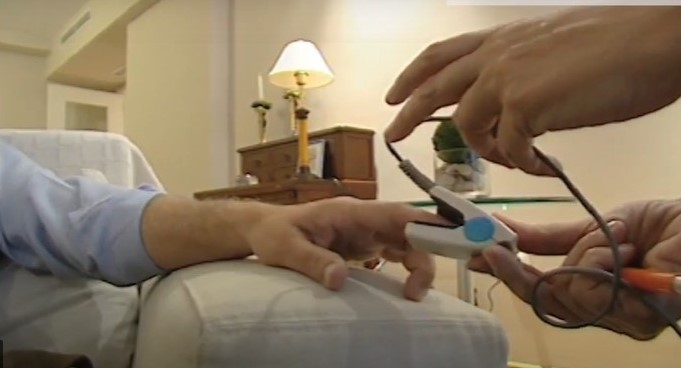According to the World Health Organisation (WHO), palliative care is an approach that improves the quality of life of patients and their relatives when faced with problems associated with a chronic and potentially progressive illness. It prevents and alleviates suffering through early identification, proper assessment and treatment of pain, and other problems, whether physical, psychosocial or spiritual. The current approach to the care of chronically ill patients with advanced stages of disease is to identify those in need of palliative care early on.
Palliative care is based on coordinated teamwork at different levels of care to identify and provide assistance to those patients in conditions of especial frailty and to those who provide care in their family and social circle.
Palliative care and cancer
Currently, the palliative care approach is a comprehensive model of care that is included in coordination with other cancer treatments with the aim of managing the disease and its associated symptoms, seeking to improve the quality of life of people at all stages of the disease.
Palliative care may complement or enrich cancer-specific therapies or may become the sole focus of care. It is about identifying target patients regardless of the stage of their illness.
It constitutes individualised care adapted to the characteristics of each patient that takes into account their physical, emotional, socio-familial and spiritual aspects based on a multidimensional healthcare approach.
Characteristics of Palliative Care
- Providing relief from pain and other distressing symptoms at any stage of the disease
- Improving the quality of life of the patient and their environment
- Offering support to family members and loved ones during illness and bereavement: care, companionship and support
- Exploring the wishes of the patient and relatives regarding possible treatments and care
- It does not aim to speed up the dying process or delay it
When is palliative care necessary?
Palliative care can be provided throughout cancer treatment, from diagnosis to the end of life. The integration and coordination of the care received by the patient is the key to successfully managing the process during the disease, including in its advanced stages. Therefore, such care must include all the specialists who care for the patient at any stage of the disease.

In Hospital
The patient, at some point in their development, may require more continuous care in the hospital ward depending on their needs (exacerbation of a process, appearance of new clinical problems, the patient's express wishes, etc.).
During their hospital stay, the patient will receive specialised care to cover these changes, manage difficult symptoms and attend to complex needs.
Care in the ward is coordinated with care at home. Patients feel cared for by a coordinated team with communication skills that provide comprehensive care at different stages of their illness.

At Home
A doctor and a nurse with experience in palliative care will attend to the patient at home in coordination with all the hospital's resources. They are also closely supported by the IVO's Psychology Service team.
The team carries out a comprehensive assessment based on the multidimensional approach to patient and carer needs, and provides care adapted to each situation, which aims to respond to the existing needs in each environment.
An individualised care plan is drawn up according to these needs, always focused on the patient. This personalised care plan will set the pace of care and adapt to changes in the patient's clinical situation.


